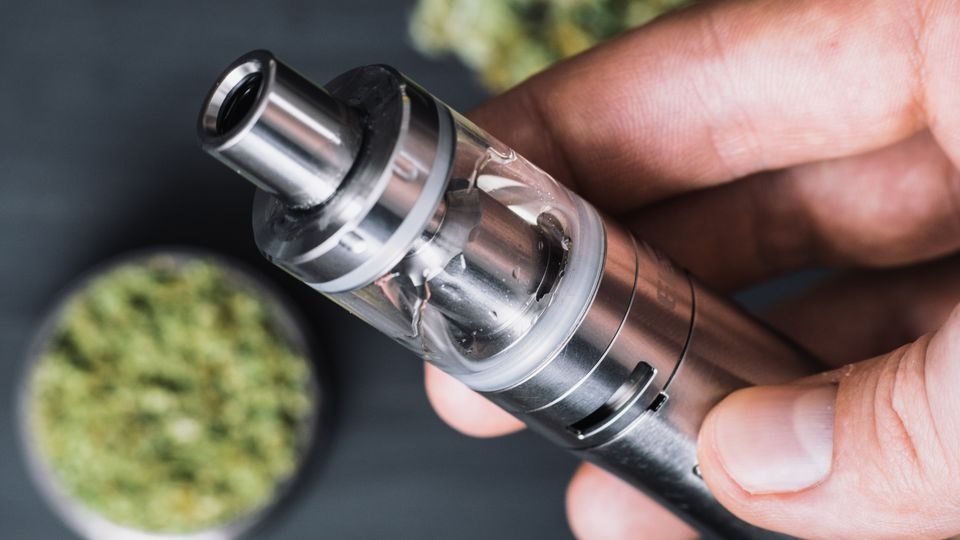Vaping has swiftly become a global pastime, gaining traction among enthusiasts and individuals looking for alternative smoking options. In Romania, the trend has mirrored that of the rest of the world, with a noticeable rise in the popularity of hhc vape Romania. A new entrant to the market is hexahydrocannabinol (HHC), a cannabinoid similar to THC but less studied. , framework of HHC vaping in Romania and consider the market potential for such products in the country.
The Legal Status of HHC in Romania
Romania’s stance on cannabinoids has mostly been conservative. While laws have evolved over time, with a focus on potential medical applications, there remains a significant gray area, particularly with novel cannabinoids like HHC. It’s important to differentiate HHC from THC (tetrahydrocannabinol), the most well-known and psychotropic component of cannabis. HHC is hydrogenated THC, which can be found in extremely low concentrations in hemp and cannabis plants. It can also be synthesized in a lab setting.
The Romanian law is clear on THC, where possessing or selling substances with high levels of THC is illegal. However, the status of HHC is more complex due to its relatively recent emergence. There is currently no specific legislation regarding HHC, which might create confusion about its legality. Users and potential business owners in the vaping industry need to keep a close eye on the latest developments in national and European Union drug laws to avoid any legal pitfalls.
The Market Potential of HHC Vaping Products
Given the uncertain legal landscape, the market potential for HHC vaping in Romania is complicated. On one hand, the Romanian population has shown a growing curiosity in wellness and lifestyle trends, which may position HHC vaping products appealingly, especially if marketed as a wellness product with low or non-psychotropic effects. On the other hand, the potential legal risks associated with the production, distribution, and sale of these products could significantly inhibit market growth.
Furthermore, aligning with EU directives and public health concerns, Romania may adopt a cautious approach regarding the importation and sale of new substances like HHC. Should HHC receive a clear legal status as a non-controlled substance, it could pave the way for legal commercial sales and open up the Romanian market to these novel vaping products.
Consumer Perception and Market Adoption
The success of HCR vaping products will heavily rely on consumer perception. With proper education on the purported benefits and safety of HHC, Romanian users might be inclined to try these new products. This education would need to address any misconceptions and highlight the differences between HHC and more controversial cannabinoids, such as THC.
Another factor worth considering when discussing market adoption is the current vaping community. Vaping enthusiasts are often keen to try new products and technologies. If HHC vaping devices can deliver a unique and satisfying experience compared to what’s currently available, they might nurture a dedicated user base that could drive initial market growth.
However, the key to widespread market adoption will lie in navigating the legal terrain. Clear, transparent regulations concerning the use and sale of HHC will help businesses operate safely while gaining the trust of consumers.
Conclusion
The introduction of HHC vaping in Romania presents a budding opportunity with several hurdles to overcome. The market potential exists but is directly tied to the clarification of legal statuses and consumer education. For HHC vaping products to take root in Romania’s soil, a combination of legislative green lights and solid marketing geared towards informing and reassuring both users and industry stakeholders will be essential.

